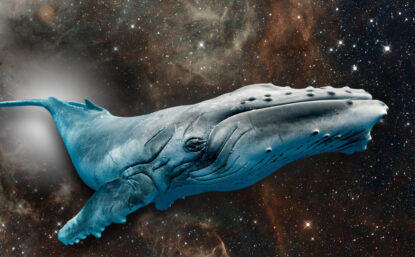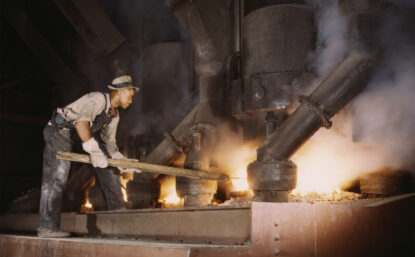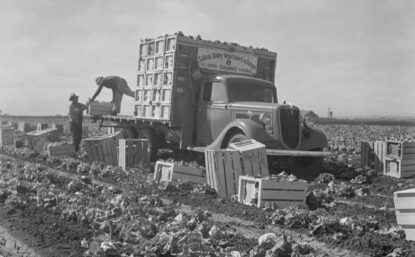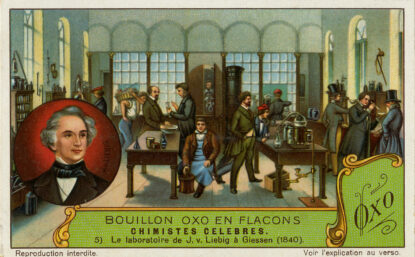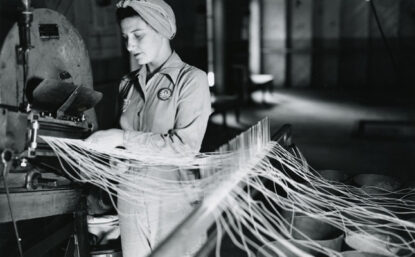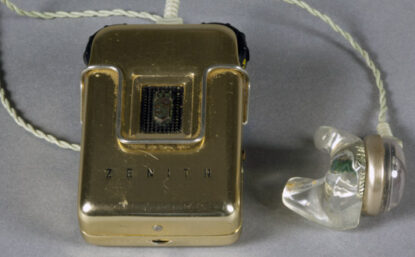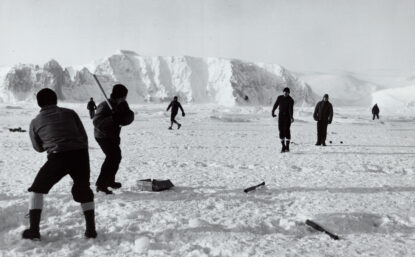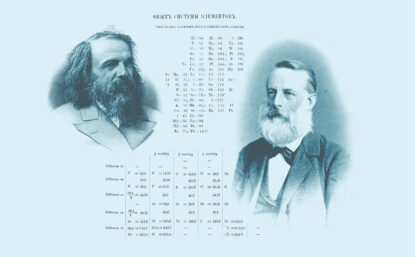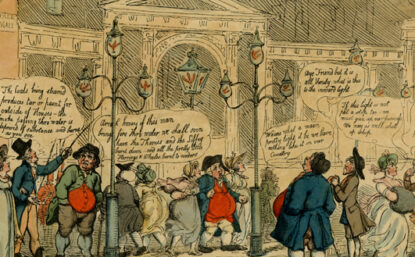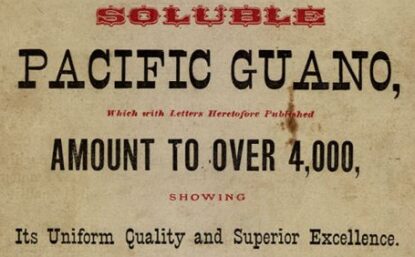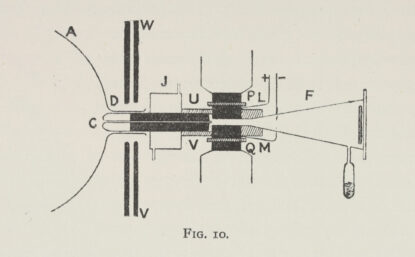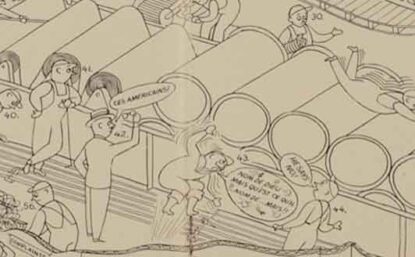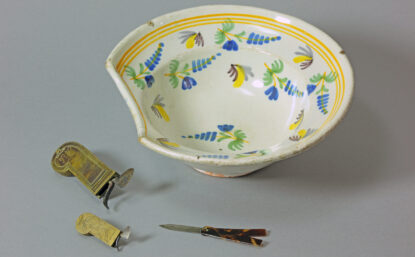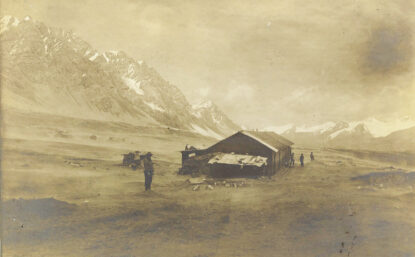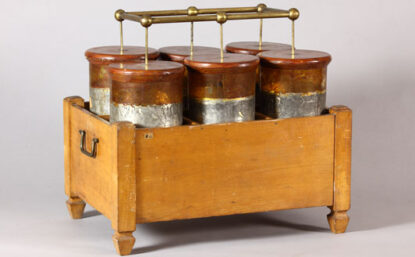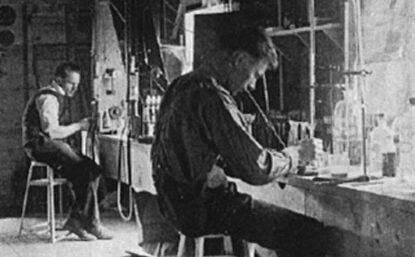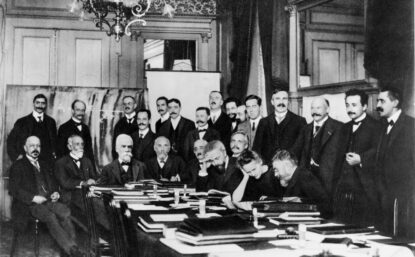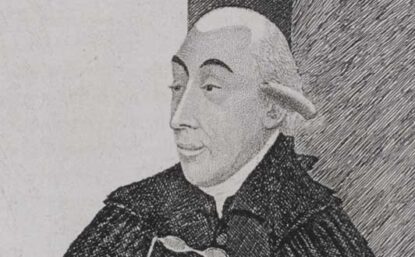Distillations magazine
Inventions & Discoveries
Tools and technology that changed the world
Whales in Space
Whale oil has been used in soap, explosives, and even margarine. Has it also fueled space exploration?
Peak Phosphorus?
What does a world short on phosphorous look like?
Processed: Food Science and the Modern Meal
The early 20th century was an especially rich time for creating ways to process and preserve food.
Where’s the Beef?
Mix a 19th-century chemist with a South American roader builder. Add cows and boil.
Boom Times
Follow the birth, life, and demise of the Hercules Powder Company, which once dominated the explosives industry in the United States.
Sound Waves
In the 1950s hearing aids shrank from the size of a cigarette packet to the size of a lighter. The secret behind this shrinkage? The mighty transistor.
Wild Ice
For more than 100 years scientists have been discovering and creating bizarre, exotic ices. Ices that can even burn a hole in you!
An Element of Order
Many scientists devised periodic systems in the 1860s, but Dmitri Mendeleev is today recognized as the father of the periodic table. How did this Russian provincial come to possess one of the most famous names in science?
Bright Light
Coal fueled the cities of the Industrial Revolution. But coal did far more than power steam engines and heat homes.
Dirty Business
Wars are often fought over resources, but as far as we know only one war has ever been fought over fertilizer.
Positive Effect
Meet J. J. Thomson, who disproved Einstein’s dictum that the man “who has not made his great contribution to science before the age of thirty will never do so.”
Cellophane Comes to Buffalo
Jacques Brandenberger spent years perfecting a transparent, moisture-repellent film he named cellophane.
Let It Bleed
Joseph E. Snodgrass’s poetry memorably reflected the public faith in bloodletting as medical treatment.
The Rocks at the Top of the World
Vanadium was a rare metal, but for 100 years after its first discovery in 1801 no one cared—until a chemist discovered it strengthened steel.
Leyden Jar Battery
Electricity and Enlightenment go together like Benjamin Franklin and 100-dollar bills.
On the Scent: The Discovery of PKU
A mother’s dogged search for the cause of her babies’ mental decline led to the discovery of a new disease.
Making the Process
By 1790 chemistry was the up-and-coming science. The products of chemistry—industrially useful salts, acids, and alkalis—would soon be measured not by the ounce (or the gram) but by the ton.
That Beautiful Theory
Joseph Black, one of the first to realize that air was composed of many gases, isolated carbon dioxide, and discovered latent heat.

